BEIRUT: Lebanese President Michel Aoun on Sunday acknowledged a need to “change the system” and called for the proclamation of a secular state on the eve of a visit by his French counterpart.
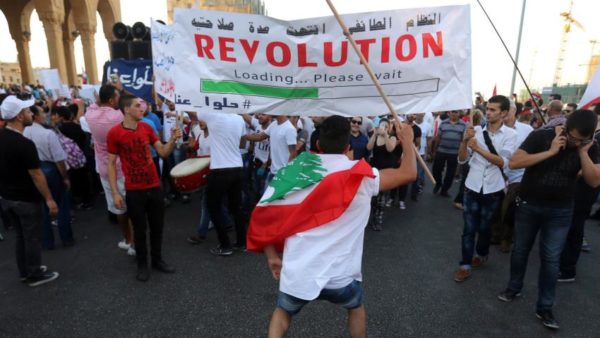
“Lebanon’s youth are calling for change,” the 85-year-old Aoun said in an address that was interspersed with footage from last year’s anti-government protests.
“Yes, there is a need to develop, modify, change the system… Call it the way you like, but Lebanon most definitely needs to be running its affairs in a new way,” he added.
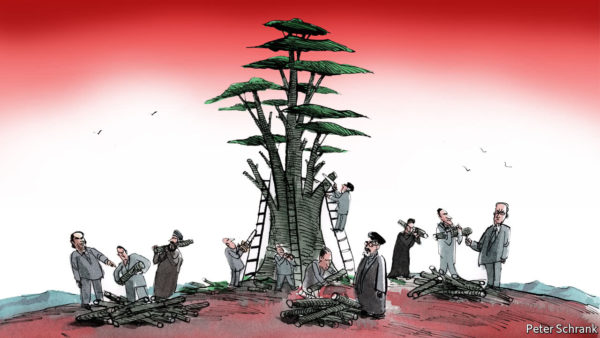
Aoun offered few details but called “for the proclamation of Lebanon as a secular state” and a dialogue that could lead to constitutional amendments.
The main framework of Lebanon’s current mode of governance is the 1989 Taif accords.
They led to the end of the 1975-1990 civil war but have since become a by-word for the kind of sectarian-based politics that many want to get rid of.
Aoun’s political ally Hezbollah chief Hassan Nasrallah also said in an earlier address he was open to Emmanuel Macron’s proposal for a new political pact in Lebanon.
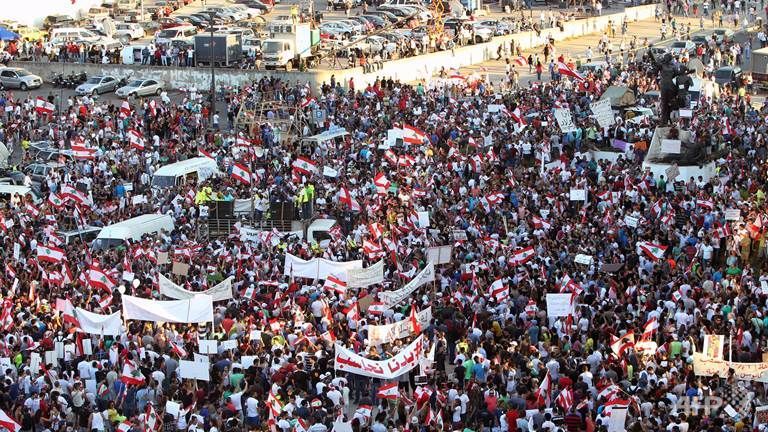
Meanwhile, the country’s Sunni political heavyweights agreed on a name to propose as prime minister, a move that Lebanon’s protest camp immediately rejected as exactly the opposite of change.
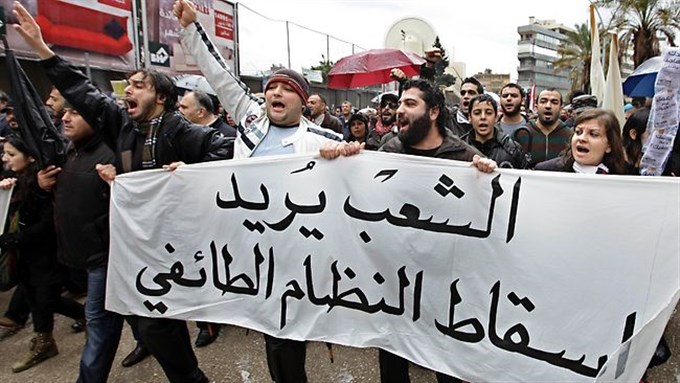
Less than four weeks after visiting Beirut in the aftermath of an explosion at the capital’s port that killed more than 190 people and traumatised the nation, Macron was due back on Monday to press his demands for change.
On the eve of Macron’s return, Nasrallah also adopted a conciliatory tone.
“On his latest visit to Lebanon, we heard a call from the French president for a new political pact in Lebanon… Today we are open to a constructive discussion in this regard,” Nasrallah said.

“But we have one condition: this discussion should be carried out… with the will and consent of the various Lebanese factions,” he said in a televised speech broadcast a few hours before Aoun’s address.
Nasrallah did not say what changes Hezbollah was willing to consider.
Lebanon recognises 18 official religious sects and its 128 parliamentary seats are divided equally between Muslims and Christians.
Governments born out of this system have been prone to deadlock and failed to meet popular demands to improve living conditions.
Macron, the first world leader to visit Lebanon after the Aug. 4 blast, had called for “a revamped pact with the Lebanese people in the coming weeks”.
The explosion of a massive stockpile of ammonium nitrate, left to languish for years in a warehouse at Beirut’s port, forced the government to resign on August 10.
Consultations to name a new premier are due to begin on Monday but the top political leaders of the Sunni community, who are entitled to the position under Taif, agreed on one man.
The 48-year-old Mustapha Adib is Lebanon’s ambassador in Berlin and a relative unknown on the political scene.
A group of former prime ministers, including top Sunni political figure Saad Hariri, announced they had decided on Adib after reviewing several names.
Many Lebanese have blamed the monster blast on a ruling class seen as mired in nepotism and graft since the country’s civil war.
The explosion that wounded at least 6,500 people and rendered thousands homeless without any significant government support revived the protest movement that had emerged in October to demand the wholesale removal of the political elite.
It also prompted Washington to press for political change.
US Assistant Secretary of State for Near Eastern Affairs David Schenker is expected next week in Lebanon, on the second visit by a top American official since the blast.
He will “urge Lebanese leaders to implement reforms that respond to the Lebanese people’s desire for transparency, accountability, and a government free of corruption,” the State Department said.
Arab News

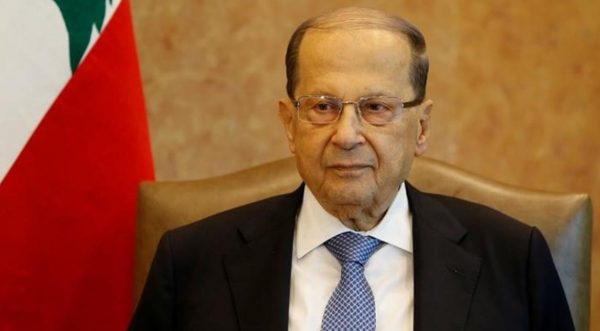
Leave a Reply
You must be logged in to post a comment.